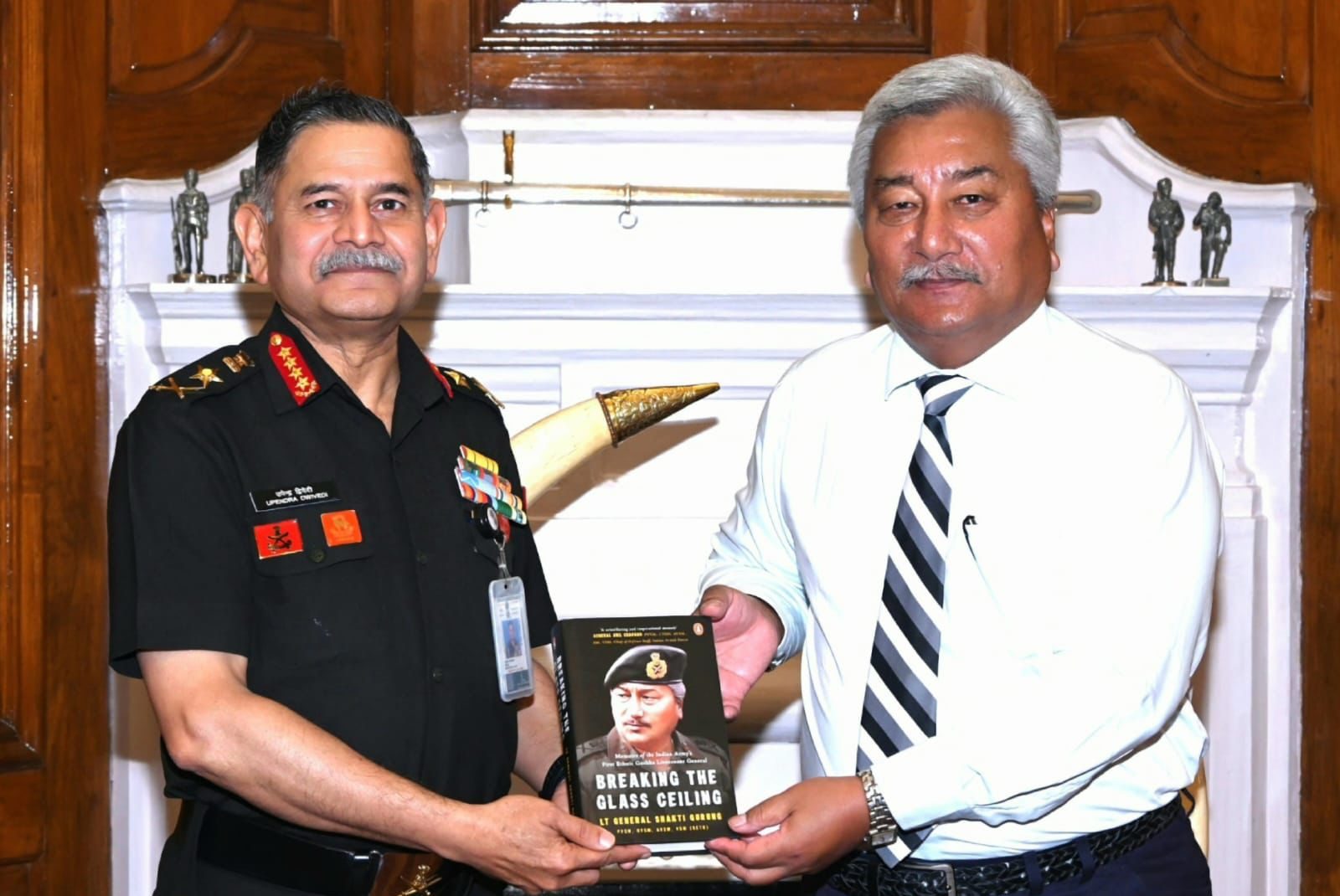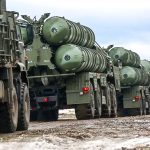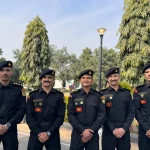In a momentous cultural and military development, Chief of Army Staff General Upendra Dwivedi was recently presented with the memoir Breaking the Glass Ceiling: Memoirs of the Indian Army’s First Ethnic Gorkha Lieutenant General, authored by retired Lieutenant General Shakti Gurung. The book presentation not only marks a personal milestone for Lt Gen Gurung but also a historic achievement for the Gorkha community in India’s armed forces.
Lt Gen Gurung’s memoir traces his path-breaking career, highlighting his status as the first ethnic Gorkha to attain the rank of Lieutenant General in the Indian Army. His journey through the ranks is portrayed as one that defied traditional boundaries within military regimental structures. Notably, he served in the Grenadiers, a regiment not typically associated with Gorkha soldiers, showcasing his leadership across diverse military environments.
The book delves deeply into his operational experiences, particularly in counter-terrorism roles in Jammu & Kashmir and India’s Northeast. His command of a corps deployed along the Line of Actual Control adds further strategic weight to his narrative, offering critical insights into national defense and regional security dynamics.
Lt Gen Gurung is an alumnus of the National Defence Academy and the Indian Military Academy, and his career includes a tenure as India’s defence attaché to Myanmar—an experience that adds a diplomatic dimension to his military service. Through his memoir, he offers a rare inside view into both combat and leadership challenges faced over decades of service.
The Gorkha community, known for its legendary bravery and contribution to the Indian Army, has long held an esteemed place in the nation’s military history. Integrated through the 1947 Tripartite Agreement between Britain, India, and Nepal, Gorkha regiments have participated in every major conflict post-independence and were the first to be awarded the Ashok Chakra Class I in 1948.
Lt Gen Gurung’s book is expected to serve as a significant resource for officers in training, military historians, and defense analysts. It is also likely to inspire young aspirants from the Gorkha community and beyond, encouraging a broader understanding of the evolving role of ethnic diversity within the armed forces.













